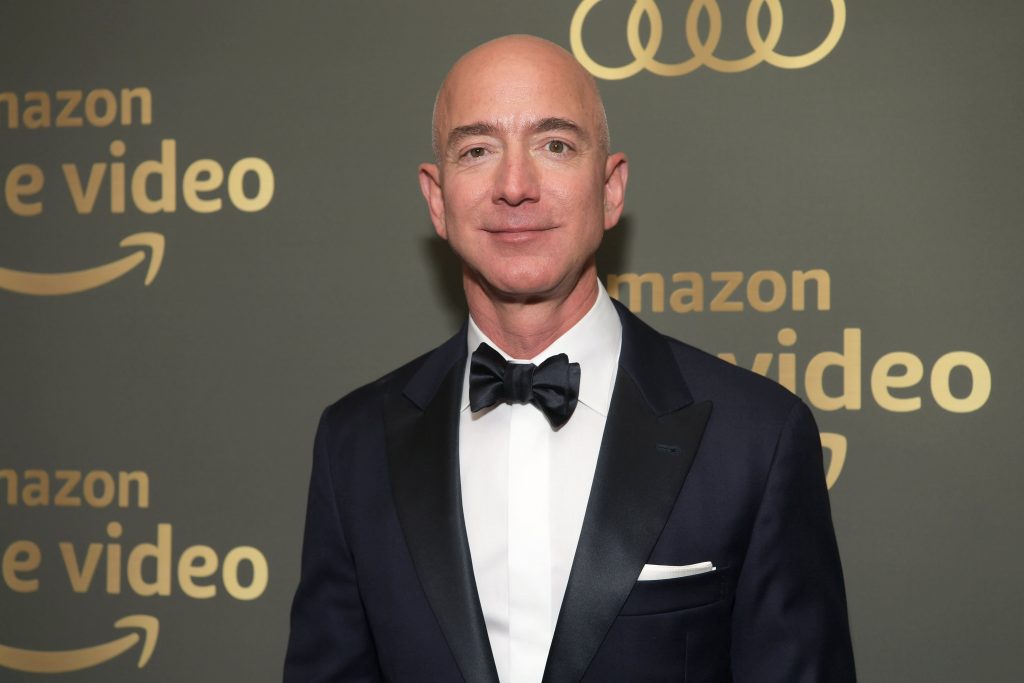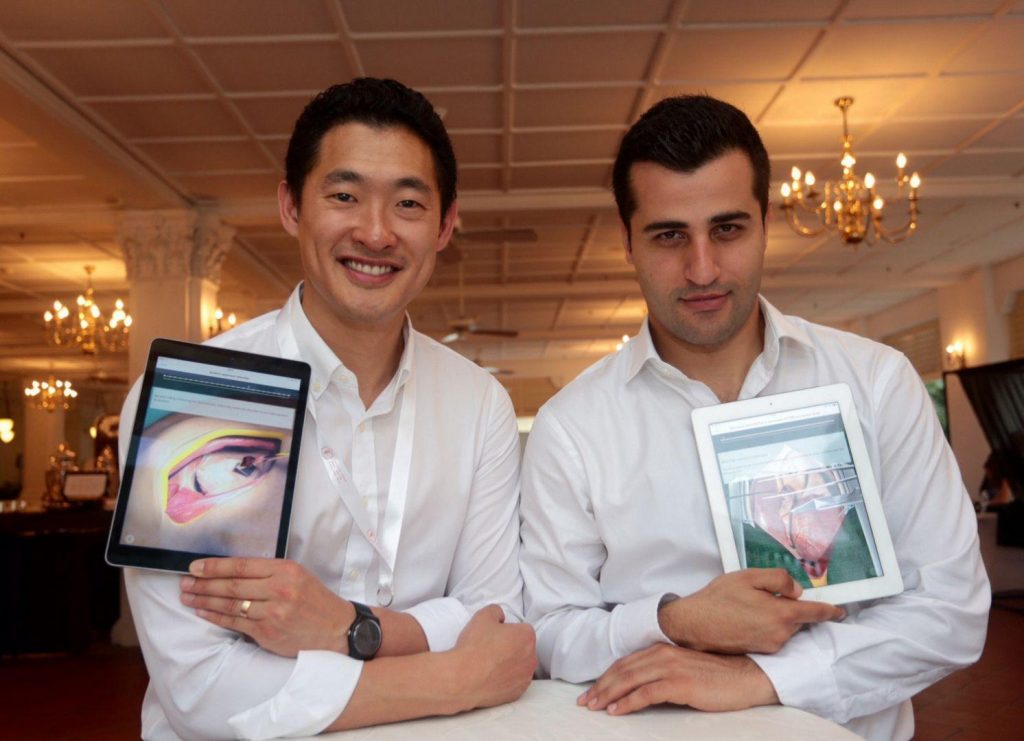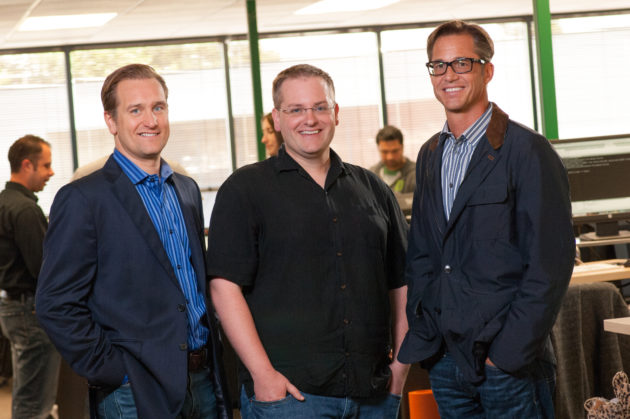Facebook Starts a Three-Step Initiative to Fight Fake News and Misinformation
Though social media was developed for entertainment purposes, it has become the biggest source of spreading misinformation and fake news. We have seen the impact of all the misinformation in the form of major steps taken by the general public, violence being one of them. Being the biggest social media platform, Facebook is the one that is most of the time blamed for spreading misinformation and hate among people.
Last month too, after the Capitol Hill riots, Facebook had to face a lot of criticism and had to suspend a few groups for spreading misinformation and call for violence. For the past many years, too, the company has been warned by several governments to work on its moderation policies.
Now, after the misinformation spread about COVID-19, the company has come up with its new three-step policy, to help to reduce the rate of spread of rumors. The three steps include, “Remove, Reduce, and Inform”. Maybe, the company has finally realized that it is losing its credibility. So it has to take some serious steps to maintain its position as one of the most used social media platforms.
Facebook Three-Step Initiative Remove, Reduce, and Inform
Facebook on Thursday held a small briefing session, where it addressed the issue of the spread of fake news and rumors. In this virtual meeting, the company talked about its new “Remove, Reduce, and Inform” policy, which would help curb the spread of fake news and misinformation in the coming future. Facebook already includes the option to report and take down posts related to hate-speech or misinformation. It also has its native similarity detection system used to filter the content posted on the platform. Now, for the new policy, Facebook has tied up with more than 80 fact-checker companies, including Fact Crescendo and Boom. These companies deal in over 60 languages and are certified by the nonpartisan International Fact-Checking Network (IFCN).

These fact-checkers will help Facebook identify false, altered, or partly false information on the platform. Currently, the company along with its partner fact-checkers is working towards labeling and checking vaccine-related posts, such that to identify their authenticity. It is also keeping a check on the ads and posts that includes selling of COVID-19 vaccine. The visibility of the groups that are spreading any sort of fake or partly false information about COVID-19 and its vaccine, has also been reduced, such that to lessen the reach of their posts.
Though the company is taking Stringent steps to fight misinformation, the Facebook Product Policy Manager, Misinformation Alice Budisatrijo admitted that it is impossible to combat this issue completely. “However, we take our responsibility seriously. We are a service for more than 2 billion people around the world. So we know how essential it is for people to have access to credible information, and for us to remove harmful content,” she said. “Even with the combination of artificial intelligence and the human reviewers that we have all over the world, we can never 100% guarantee that content that violates our policies is not on the platform,” she added.
Losing Credibility
Facebook has been facing a lot of criticism from around the world for being a major source of misinformation and hate spread. According to Rahul Namboori, co-founder of Fact Crescendo, Facebook was one of the most used social media platforms to cause chaos and hate among people in India in 2020. The year started with misinformation about the CAA and NRC bill proposed in India and lead to spreading fake news about COVID-19. 2021 also started with another protest about the Farm bill and people around the world have witnessed what happened on 26th Jan in Delhi, because of the misinformation on different social media platforms, including Facebook.
Facebook has also marked a ban from the Myanmar government recently, so to oppose possible violence over the military coup due to fake news in the country. After facing so much criticism from all around the world, the company is now trying to fix its image by added new policies against misinformation. Recently, it took some steps to oppose the spread of fake news about COVID-19 and its vaccine. It has removed many posts as well as suspended a few pages on the platform that included false information about the disease.
Controlling the Fake News on Other Platforms
Apart from Facebook, the company is going to strict its policies for its other platforms, i.e. Instagram and What’s App, too. On the other hand, Twitter is also taking some stringent actions on the same. It has started to label the posts that offer baseless rumors, disputed claims, incomplete information, and the information that is out-of-context for COVID-19 vaccines. Even Google has announced a fund of $3 million to fight the misinformation regarding the COVID-19 vaccines, such that it will try to show the most authentic results about the disease and its vaccine on every search on Google.

Yashica is a Software Engineer turned Content Writer, who loves to write on social causes and expertise in writing technical stuff. She loves to watch movies and explore new places. She believes that you need to live once before you die. So experimenting with her life and career choices, she is trying to live her life to the fullest.







